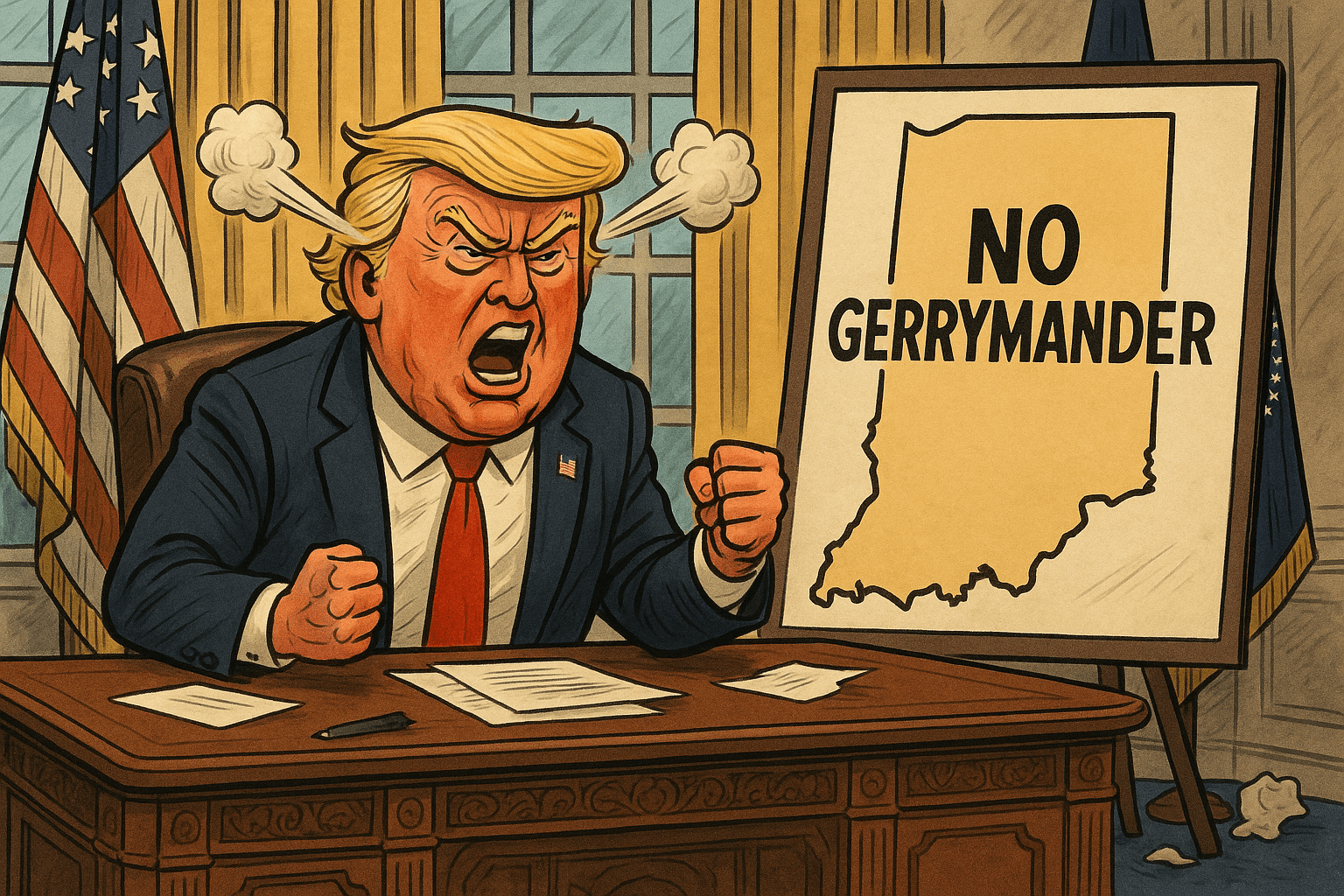Charlottesville's First Use of Ranked Choice Voting is Unique -- Here's Why

CHARLOTTESVILLE, N.C. - Primary elections are scheduled in Charlottesville, Virginia, on June 17. However, there is something different about this election: It is the first time the city will use ranked choice voting (RCV).
Back in September, Charlottesville became the second jurisdiction in Virginia to approve the use of RCV -- specifically for the upcoming primary election. The city council voted 4-1 in favor of the change.
The vote came after City Registrar Taylor Yowell recommended RCV passage, stating that it "has been successfully adopted in various localities and states across the nation" and pointed to research that showed greater civility in elections.
It is important for voters to note that RCV can only be used in city council or county board elections in Virginia. There are 3 candidates running for 2 open city council seats in Charlottesville -- both of which will be filled on June 17.
Voters will also weigh in on primary contests for Lieutenant Governor and Attorney General, but these elections will use the traditional choose-one voting method.
See an example of what ballots will look like here.
Using two different voting methods may throw some voters off, so here is a guide to everything voters need to know.
When Is the Election and What is Ranked Choice Voting?
The Charlottesville primary election will be held on Tuesday, June 17. However, there will be plenty of time for voters to cast a ballot. Early voting starts Friday, May 2.
This is a Democratic primary election. The statewide ticket is already settled for the Republican Party and not a single Republican candidate filed for the city council election this cycle.
The two city council seats up for election will be decided using ranked choice voting (RCV). This method gives voters the opportunity to rank candidates in order of preference (1st choice, 2nd choice, 3rd choice).
Voters cannot rank more than one candidate as their first choice, and they cannot rank the same candidate twice. However, voters can also bubble in their first choice and not rank the other candidates.
Ranking candidates is not mandatory. It is an option. However, not ranking at least two candidates in the upcoming election could mean not getting the most out of ones vote in the final RCV count.
Under RCV, if a candidate does not receive enough first-choice selections to win outright (meaning they reach the minimum threshold of votes to win), an instant runoff round kicks in to determine the winner.
In most uses of RCV in the US, this means the last place candidate is eliminated and their voters' next choices are applied to the results. Charlottesville's use in June will work a bit differently. (See below for more details)
So, to have a more meaningful say in the outcome it would be in a voter's best interest to rank at least two candidates (particularly in a 3-person race) in the event of a second round of tabulation.
In a contest in which only one seat is up for grabs, this would mean a candidate needs 50%+1 of the vote to be declared the winner. It's an outcome that only one candidate could possibly achieve in a single-winner election.
This is where things work differently in Charlottesville.
How RCV in Charlottesville Will Work
There are two seats on the Charlottesville City Council that will be filled in the June 17 election. Juandiego Wade and Brian Pinkston are running for re-election, while Jen Fleisher is running for the first time.
To win one of the two seats, a candidate needs at least 33% of the vote. And while this does not seem like a lot, both seats will be decided in a single election and only 2 candidates can achieve this threshold in a two-winner contest.
There is another important distinction about Charlotteville's use of RCV and that is how votes are redistributed in an additional round of tabulation -- if needed.
In the upcoming election, there will be at least two rounds of RCV tabulation. In the first round, the first-choice votes are counted. If two candidates reach 33% of the vote, they are the winners.
Here's the thing: In a 3-person race, it is impossible for no candidate to get at least 33% of the vote. So, either both winners will be declared in Round 1, or one person will win Round 1 and Round 2 will determine the second winner.
If only one candidate reaches 33% of first-choice selections, any extra votes for them will help determine the second winner. This method is designed to ensure no vote is rendered meaningless to the outcome.
In other words, the last place candidate isn't eliminated because there is no need for them to be eliminated.
In the second and final round, the winner's extra votes transfer to the voters' second choice -- which would be enough to determine the winner of the second seat.
Special thanks to Ranked Choice Virginia for providing information and resources on the upcoming election in Charlottesville. The group has a guide on how voters fill out their RCV ballot.
 Shawn Griffiths
Shawn Griffiths







